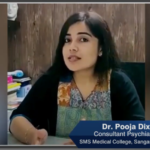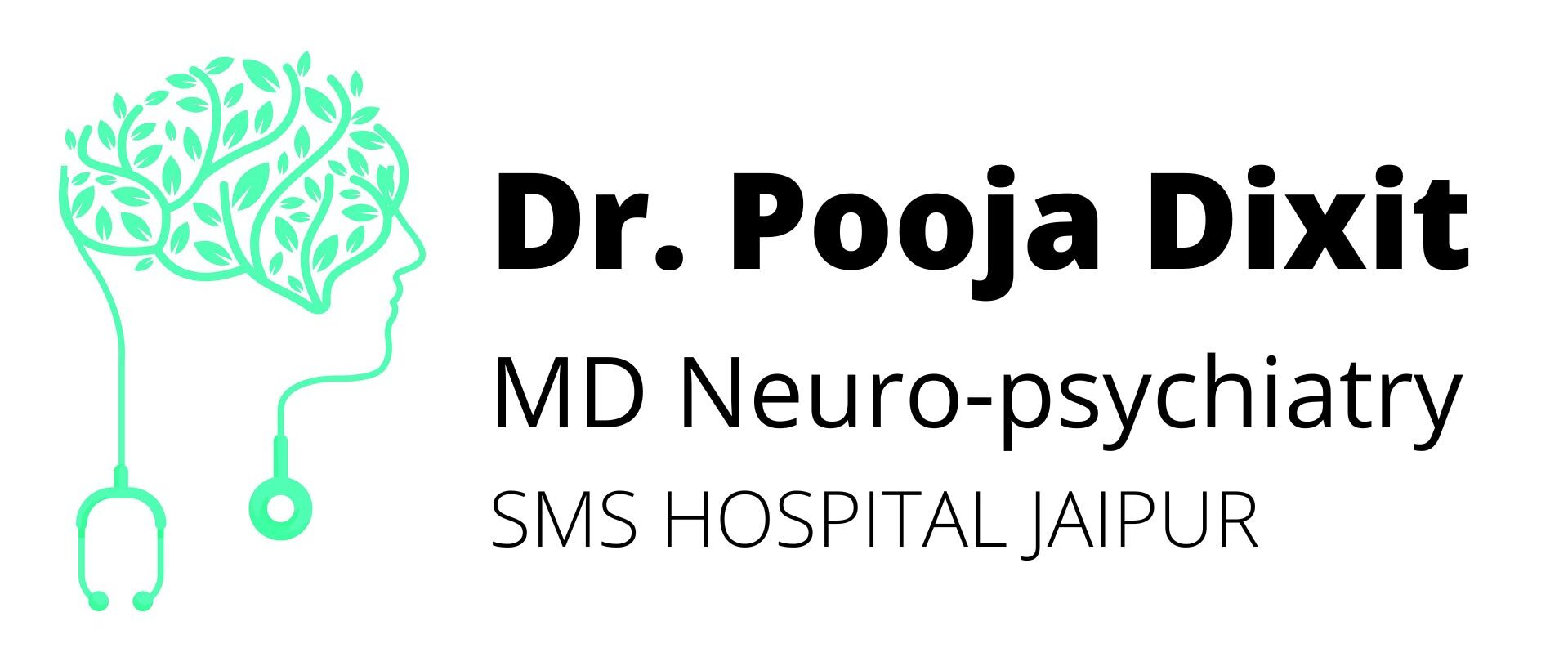What is depression?
Depression is a common but significant mood illness (sometimes known as major depressive disorder or clinical depression). It produces severe symptoms that interfere with your ability to function on a daily basis, including sleeping, eating, and working.

Symptoms
You may have depression if you have been exhibiting some of the following symptoms for the most of the day, almost every day, for at least two weeks:
- Persistently depressed, worried, or empty feeling
- The absence of optimism or pessimism
- Feelings of unease, agitation, or irritability
- Guilty, worthless, or powerless emotions
- Loss of enjoyment or interest in past interests or pursuits
- Reduced energy, tiredness, or a sense of “slowness”
- Having trouble focusing, remembering, or deciding
- Having trouble falling asleep, waking up early, or sleeping too much
- Appetite changes or unintended weight changes
- Suicidal ideas, suicide attempts, or death thoughts
- Suicide attempts or thoughts of death or suicide Muscle aches or pains, headaches, cramps, or digestive issues without a known physical cause that do not improve despite treatment
Risk Factors
One of the most prevalent mental illnesses in the United States is depression. According to research, depression may be influenced by genetic, biochemical, environmental, and psychological variables.
Although it can occur at any age, depression frequently starts in adulthood. It’s now known that depression can affect kids and teenagers, albeit it can occasionally manifest as impatience rather than a depressed mood. High levels of anxiety in children often lead to chronic mood and anxiety disorders in adulthood.
Depression can co-occur with other major medical conditions such diabetes, cancer, heart disease, and Parkinson’s disease, especially in middle-aged or older persons.
How Depression can be cured?
Although depression has significant potential, it is also curable. Depression treatment options include:
- Self-care tips for treating depression include regular exercise, adequate rest, and quality time with loved ones.
- Counseling: Speaking with a mental health practitioner is counselling or psychotherapy. Your therapist aids in problem-solving and coping skill development. Sometimes only a short course of therapy is required. Some people stay in therapy for longer.
- Alternative medicine: Complementary therapy can help those with minor depression or reoccurring symptoms of the condition. Massage, acupuncture, hypnosis, and biofeedback are all forms of therapy.
- Antidepressants, a class of prescription drugs, can help alter the brain chemistry that underlies depression. It may take a few weeks for antidepressants to start working. Although some antidepressants have adverse effects, they frequently get better over time.


